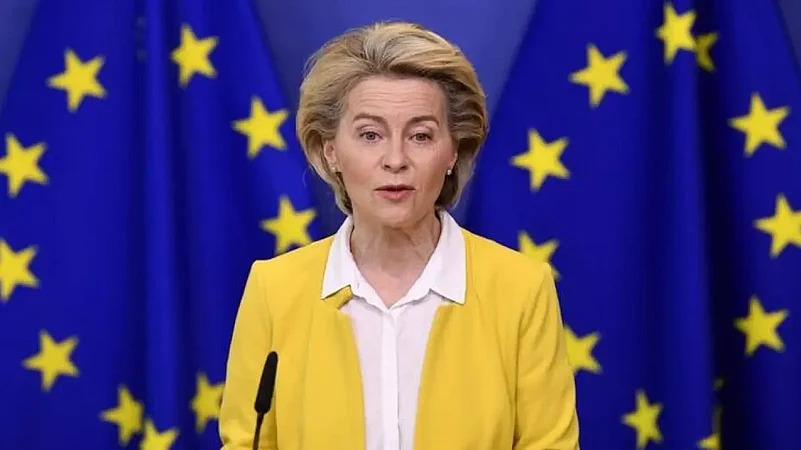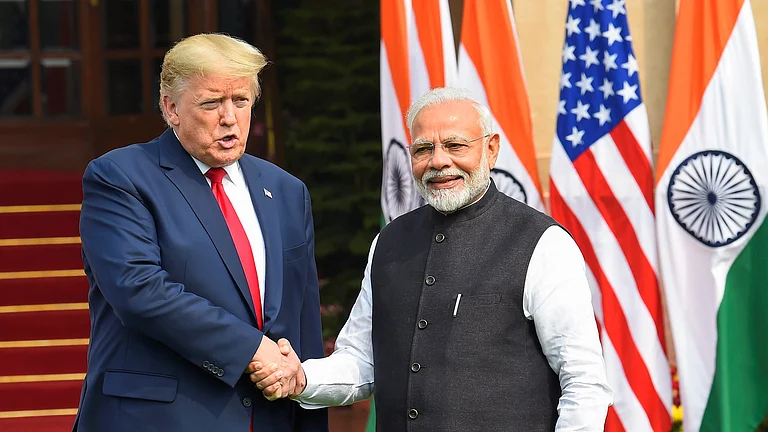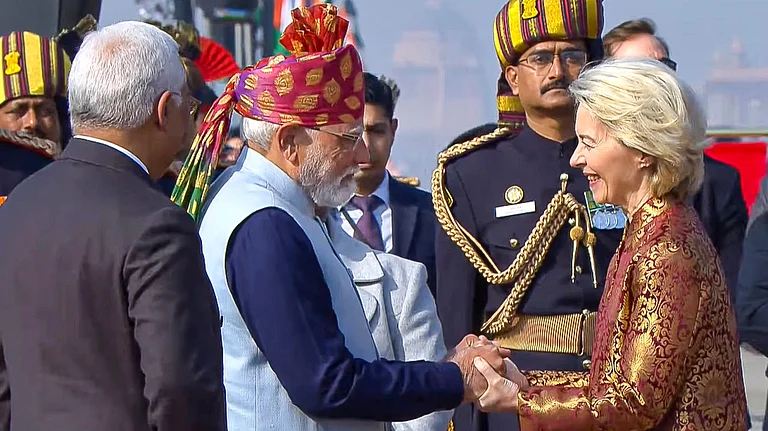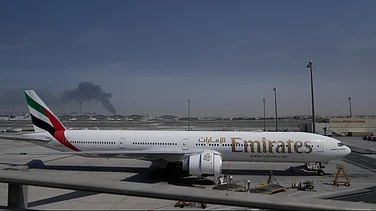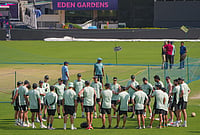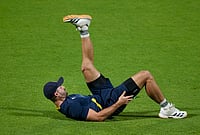
Summary of this article
The European Union launched a new agenda to expand cooperation with India in defence, trade and technology.
Prime Minister Narendra Modi and European Commission President Ursula von der Leyen reaffirmed plans to finalise the India-EU free trade deal by year-end.
EU foreign policy chief Kaja Kallas cautioned that India’s participation in Russian military exercises and oil purchases “stand in the way of closer ties.”
The European Union on Wednesday unveiled a new strategic agenda aimed at deepening engagement with India across defence, trade and technology. The announcement came even as the bloc’s foreign and security policy chief, Kaja Kallas, cautioned that India’s military drills and purchase of Russian oil “stand in the way of closer ties”.
The EU said closer cooperation with India has become increasingly vital amid shifting geopolitical realities, underscoring the need to strengthen both economic growth and security. The document — released in Brussels by the European Commission and Kallas — marks a milestone in bilateral relations, with an ambition to “deepen, broaden, and better coordinate” cooperation between the two partners.
Hours after the launch of the 'New Strategic EU-India Agenda', Prime Minister Narendra Modi and European Commission President Ursula von der Leyen reaffirmed their commitment to conclude the long-pending India-EU free trade agreement by the end of this year.
Von der Leyen, who called Modi to greet him on his birthday, said: "Now is the time to double down on partnerships rooted in shared interests and guided by common values. With our new EU-India strategy, we are taking our relationship to the next level."
During the phone call, Modi expressed appreciation for the EU adopting the new framework, which aims to enhance prosperity and security while addressing global challenges. Von der Leyen highlighted that Europe is already India’s biggest trading partner and added: "Europe is open for business. And we are ready to invest in our shared future with India."
Kallas, however, pointed to hurdles in the partnership: "India's participation in Russia's military exercises and its purchase of Russian oil stand in the way of closer ties. Because, ultimately, our partnership is not only about trade but also about defending the rules-based international order." She said ongoing negotiations would seek to overcome these differences and lead to a joint roadmap at the EU-India summit in early 2026.
The new agenda identifies five core areas of cooperation: security and defence, connectivity and global issues, prosperity, sustainability, and technology and innovation. It places emphasis on maritime security, cyber defence, counterterrorism, hybrid threats, space security, and cooperation on Russia’s war against Ukraine. Negotiations for a security of information agreement are also set to begin, enabling classified data exchange to strengthen defence ties.
On the connectivity front, the strategy stresses advancing initiatives like the India-Middle East-Europe Economic Corridor, the Global Gateway, and trilateral cooperation with third countries. "Beyond the bilateral dimension, the new strategic agenda highlights EU-India joint engagement on global issues and with third partners, reflecting India's growing global influence," the EU said.
(with PTI inputs)


